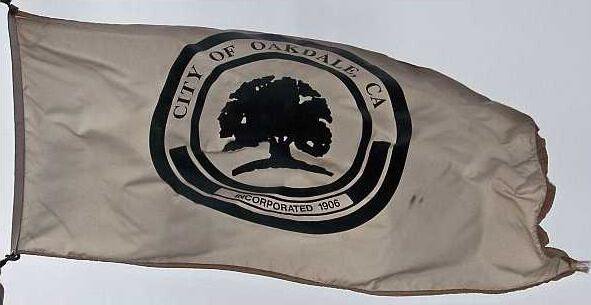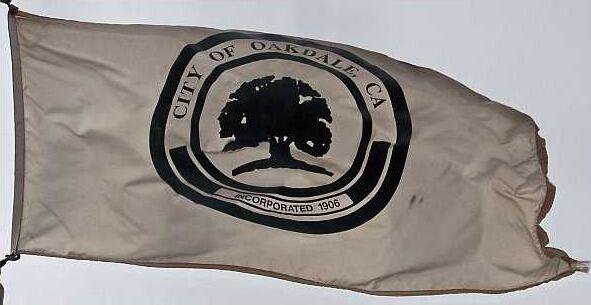Fresh on the heels of the anti-Confederate hysteria that has swept the country following the heinous June 17 attack on a church in Charleston that killed nine, California state senator Steve Glazer of Orinda has jumped on the bandwagon and put forward a bill to ban the use of Confederate names for “schools, buildings, and other public facilities.”
Glazer’s bill has gained support, advancing from its sole policy committee July 14 on a 7-1 vote. It heads next to the Assembly Appropriations Committee for fiscal consideration.
The bill, which would also apply to street names, reads;
“On and after January 1, 2017, a name associated with the Confederate States of America shall not be used to name state or local property. If a name associated with the Confederate States of America is used to name state or local public property prior to January 1, 2017, the name shall be changed and any sign associated with the name shall be removed.”
If the bill passes and is signed by Gov. Jerry Brown, the City of Oakdale would have to possibly look at some of its street names and the history surrounding them.
While many streets in Oakdale have non-controversial names, some after trees, local figures, and others with a cowboy or horse theme due to being “The Cowboy Capital of the World,” some do jump out such as Lee Avenue or Dixie Court within the city.
General Robert E. Lee, probably the most prominent face of the Confederacy, defected from the U.S. Army and wound up commanding the Army of Northern Virginia, which flew the now infamous stars-and-bars battle flag.
During the Civil War, “I Wish I was in Dixie” was adopted as a de facto anthem of the Confederacy. The song reinforced the word “Dixie” in the American vocabulary as a synonymous for the Southern United States. Like the Confederate flag, today, “Dixie” is sometimes considered offensive with singing it linked to having support for slavery or racial separation in the American South.
When contacted about the origins of street names within the city, staff in Oakdale City Manager Bryan Whitemyer’s office said the city does not have a file on street name requests or histories and it would likely be tied to the development or developer at that time.
“Typically, all that is included in a street name request is a list of street names,” Whitemyer’s email stated. “A justification or reason is not required. I have not seen street name requests in a lot of our files, so it would vary from project to project and will take some time to locate this information and there is no guarantee we will have it.”
Whitemyer, who was unaware of the pending legislation, said he would alert staff and look into the matter.
Although the name Lee is a popular surname, and could very well be named for someone local, without firm documentation the street could be called into question by someone claiming the Confederate tie as well as other roadways in Oakdale.
Jackson Court: Thomas “Stonewall” Jackson was a Confederate general during the Civil War and the probably best-known Confederate commander after General Robert E. Lee.
Warrington Avenue and Warrington Court: Warrington Navy Yard was a famous Confederate camp from 1861-1865 in Pensacola, Florida guarding the entrance to the Confederate State’s southern border at Pensacola Bay.
Armstrong Way: Frank Crawford Armstrong was a United States Army cavalry officer and later a brigadier general in the Confederate States Army during the American Civil War. He is also known for being the only Confederate general to fight on both sides during the Civil War.
Stonyridge Road (outside of the city): The second battle of Bull Run was the culmination of an offensive campaign at Stonyridge in Virginia waged by Confederate Gen. Robert E. Lee’s Army of Northern Virginia against Union forces and where Lee mounted one of his successful offensive campaigns.
Again, many of the surnames are popular and could apply to another person.
Opponents of the bill point to the cost not only to public agencies at a time when funds could be better spent elsewhere, but to mapping, updating systems that use GPS, and letterhead and postal code changes for affected companies or individuals.
Under the broad definition of the bill, the name of writer Mark Twain, who served in the Confederate army, could even be scrubbed from local schools, parks, or monuments.





